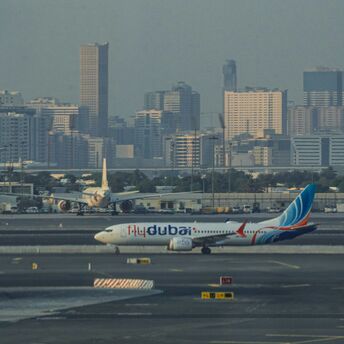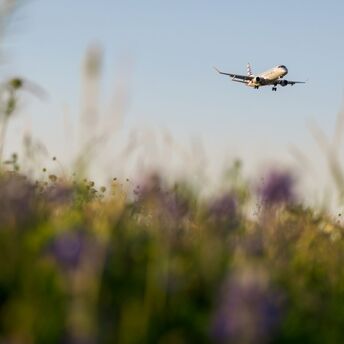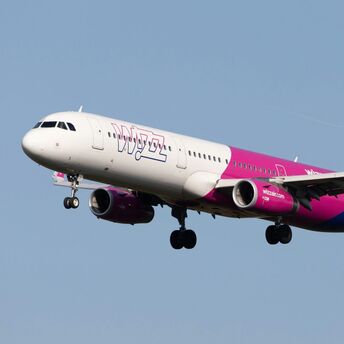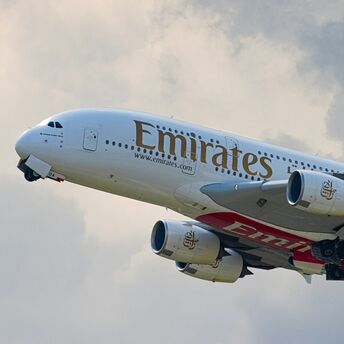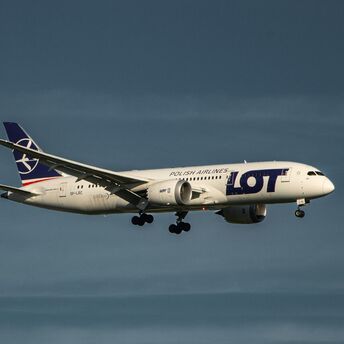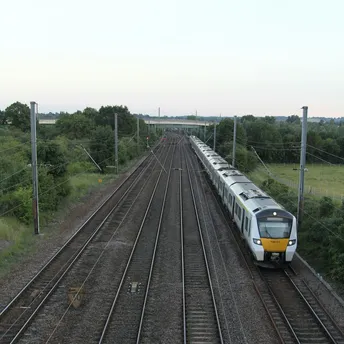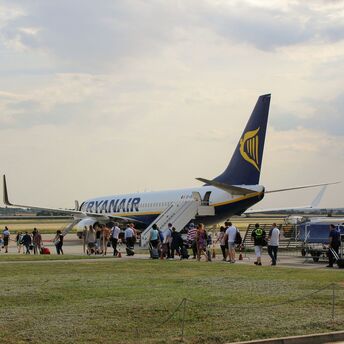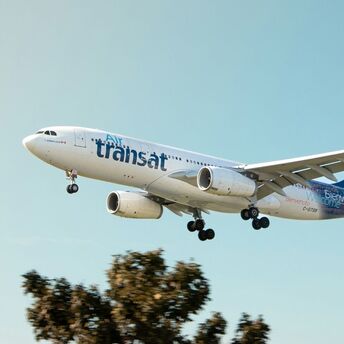Close Call at JFK: SWISS Flight Aborts Takeoff to Avoid Collision
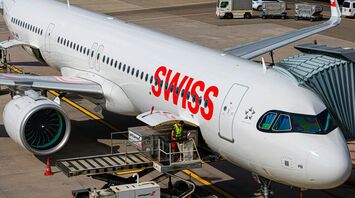
In a heart-stopping incident at New York's JFK Airport, a SWISS Airbus A330-300, operating as Flight LX-17, narrowly avoided a runway collision by aborting its takeoff. The pilots made the split-second decision to halt their takeoff run after spotting three other aircraft crossing the runway. This incident underscores ongoing challenges in air traffic control and the vital importance of stringent safety protocols at one of the world’s busiest airports.
The near-miss occurred on JFK's runway 04L, a frequent site for both takeoffs and landings due to its capacity to handle large, long-haul aircraft. Aero Inside reported that the three crossing aircraft, belonging to Delta Air Lines and American Airlines, were authorized to cross the runway just 40 seconds before Flight LX-17 was cleared for takeoff. The SWISS pilots, observing the potential hazard, opted to reject the takeoff at approximately 40 knots, well below typical takeoff speeds, thus averting a possible disaster.
After aborting the takeoff, the crew contacted Air Traffic Control (ATC), which then directed them to vacate the runway and proceed to a holding area. The flight eventually took off safely 15 minutes later. The incident highlighted the pilots' alertness and adherence to safety protocols, which played a crucial role in preventing what could have been a severe accident.
This event draws attention to broader issues within the aviation industry, particularly regarding air traffic control staffing. The COVID-19 pandemic halted recruitment and training for new air traffic controllers, leading to a shortage that has only recently begun to be addressed. The Federal Aviation Administration (FAA) has recognized the urgency of the situation, setting goals to hire 1,800 new controllers in 2024 and adjusting rest period requirements to combat fatigue among existing staff.
The near miss at JFK is a stark reminder of the potential dangers in aviation, especially at major international hubs. It follows other serious incidents, including a collision in Tokyo earlier this year and the infamous Tenerife disaster of 1977, underscoring the perpetual need for vigilance, enhanced training, and technological improvements in air traffic management.
As JFK Airport continues to be a pivotal node in global air travel, ensuring the safety of its operations is more critical than ever. This incident serves as a call to action for ongoing investment in human and technological resources to safeguard the skies.



